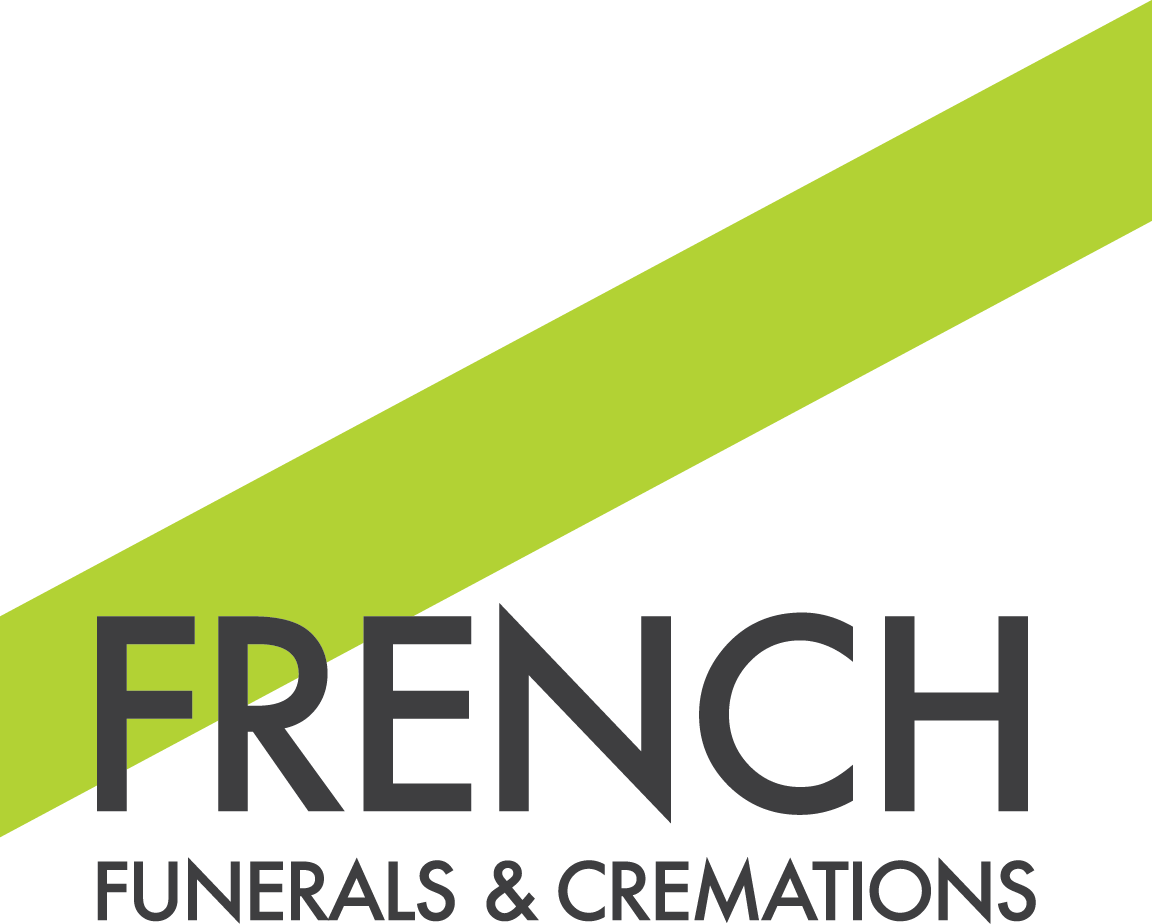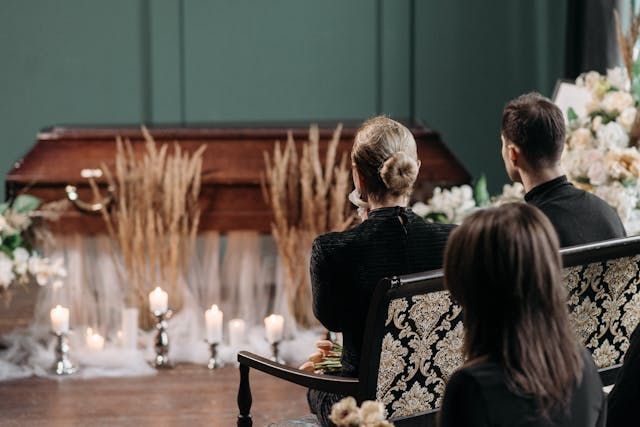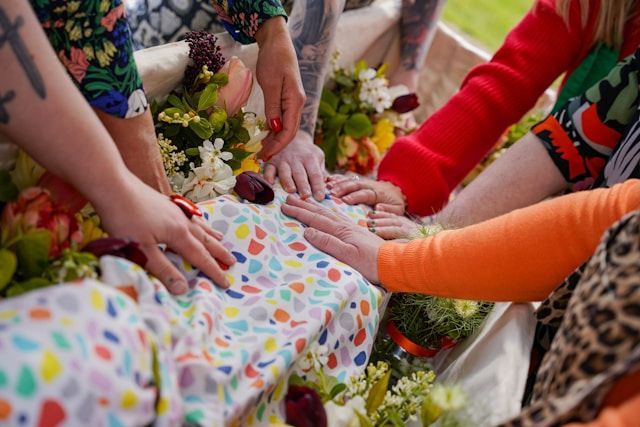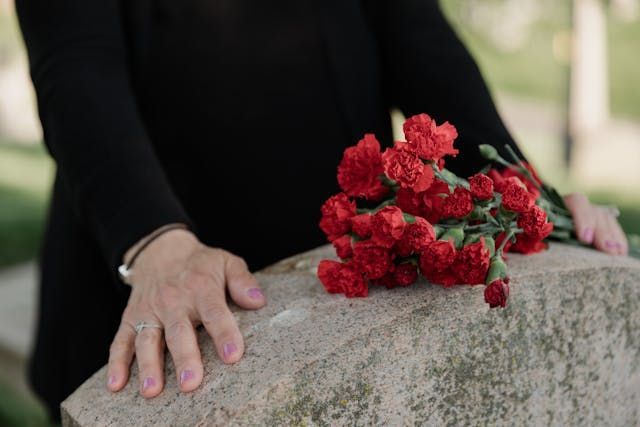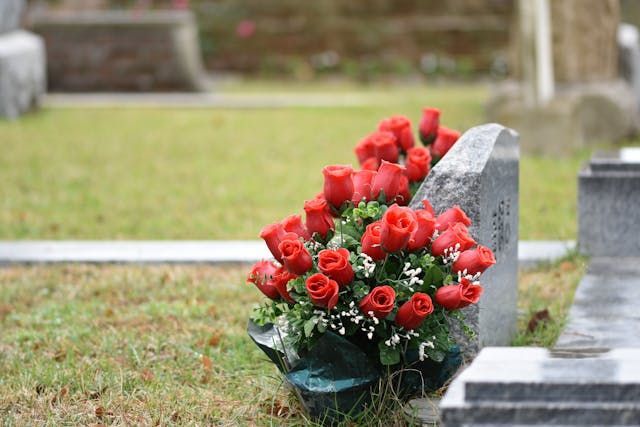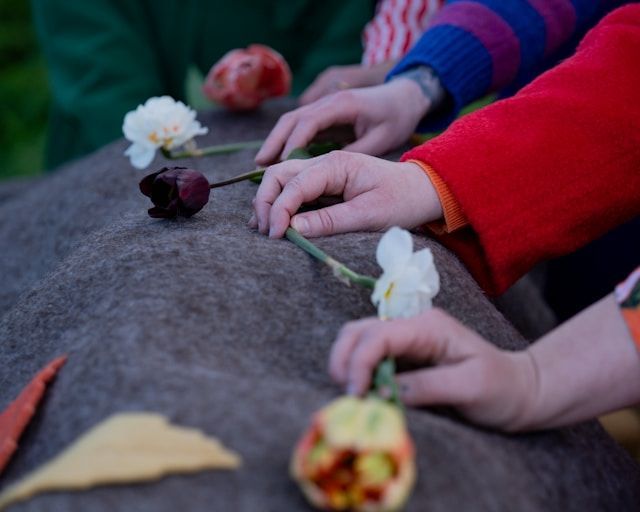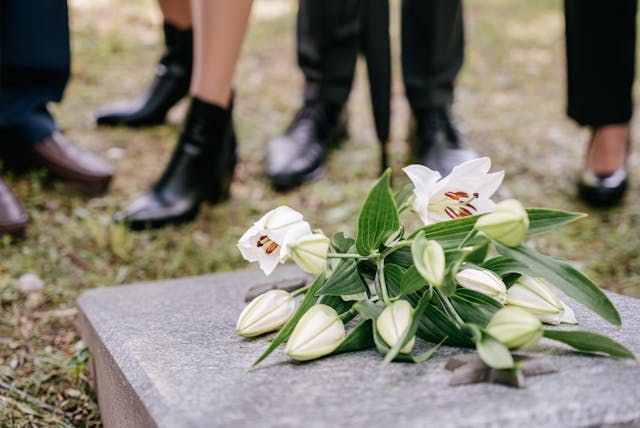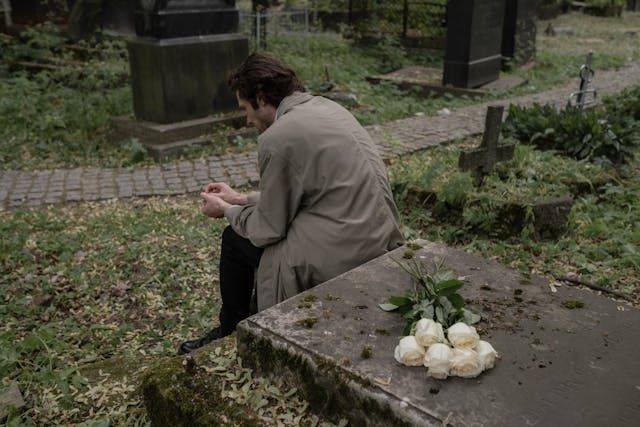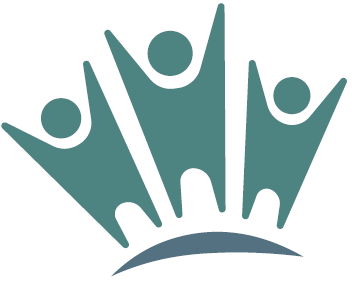So...What Exactly Does a Funeral Director Do?
July 30, 2023
So...What Exactly Does a Funeral Director Do?
There are about 25,000 funeral directors currently employed in the United States. That’s a lot of people who have chosen to spend their life working day in and day out with the deceased and the families who mourn them. If you’ve never considered a career at a funeral home, you may wonder why so many individuals decided to become funeral directors instead of teachers, engineers, doctors, firefighters…you get the picture.
Coming from people who have chosen this career path ourselves, we know exactly why someone would want to become a funeral director, you can read more about that here. But you might also be wondering what exactly our job entails, and what the typical day in the life of a funeral director looks like.
EVERY DAY IS DIFFERENT
No two days ever look the same in funeral care. Every family’s needs are different, requiring different services, different approaches, and different schedules. If you’re on call, you may get a call at three in the morning to pick up a loved one at their home and stay for as long as the family needs you. Another day may involve five cremations, or numerous phone calls with a florist, priest, medical examiner, and estranged spouse, for example. It is certainly not a monotonous field of work.
A typical(ish) day in the life of a funeral director
Again, many things determine what your day will look like once you walk into the office and there’s really no way to know what the day will bring. But to give you an idea, we’ve outlined what you might expect in a day or week as a funeral director.
FIRST THINGS FIRST
Check and respond to emails and phone calls from the night before, then check whether anyone has been brought into the care of the funeral home overnight. If there has been, there will be paperwork to prepare, and families to call to discuss further arrangements and next steps. You’ll need to review your planner for the day. You may have multiple funerals to attend to in one day.
CARING FOR THE FAMILY
One of the most important parts of the job for a funeral director is regular interaction with the deceased’s family. It’s your job to comfort and reassure them, to ease their burden as much as you can on one of the most difficult days of their lives, and to give them the knowledge and support they need to make decisions about final arrangements.
You’ll first meet with the family shortly after their loved one has passed away, when you go to collect them and bring them into the care of the funeral home. At that initial meeting, you explain the basic process and next steps. You will meet multiple times as needed with the family to help them prepare.
TAKING A LOVED ONE INTO YOUR CARE
You are responsible for taking a loved one into the care of the funeral home. That means arranging to pick up the deceased from their home, a hospital or an assisted living facility. When they are transported into the care of the funeral home, you work closely with the family, embalmers, the cemetery and/or crematory operators to ensure the individual is cared for according to the family wishes.
MAKING FINAL ARRANGEMENTS
Arranging a funeral or memorial service is not unlike that of a wedding or event planner, except this milestone involves many different emotions. A lot of time and care goes into planning a funeral. It is extremely important to be meticulous with details and ensure everything goes as planned. You will spend time getting to know the deceased’s likes, interests, religious beliefs and personality from their family. You’ll ask about any final wishes they made have had and learn about the family themselves and their own wants and needs for the funeral or memorial service. Being a funeral director requires a broad knowledge of different faiths and their rituals around death.
Most of your work as a funeral director isn’t actually with the deceased, but rather tending to the needs of their families. You’ll use your creative thinking skills to tailor services to these needs and personalities in a way the family might not have thought of. For example, if the deceased was an avid motorcyclist, you might suggest their casket be drawn by a motorcycle rather than be placed in a hearse, and their motorcycle helmet and jacket be placed on the casket during services.
You will be the liaison between different vendors, venues, religious establishments, and government entities. You will also facilitate the completion of paperwork and financial transactions. Attention to things like road closures and traffic schedules can make a huge difference in a mourning family’s day.
BEING PRESENT AT THE FUNERAL
Attending services involves making sure that everything falls into place as it should, when it should. It also means problem-solving any mishaps that may arise so that the family and services are not affected by them. Funeral directors are also in charge of managing the flow of people to and from each service, seating everyone accordingly, and keeping things on schedule.
A funeral director must also be the face of calm and comfort during an extremely emotionally charged day. The family looks to you for support, and that requires strength. Funeral directors are also human, and we’re affected emotionally by loss and sorrow too. But it’s important to maintain composure for the sake of the family and the guests in attendance.
At French Funerals & Cremations, our funeral directors are also deeply involved in the communities of Albuquerque and New Mexico. We sit on various charitable boards, work closely with grief organizations, and arrange community events that include educating people about their end-of-life options, and helping them ease the burden of loss. We also provide educational and career opportunities for those seeking a career in funeral care. If you’d like to learn more about working with French Funerals, please check out our available positions or call us at 505-843-6333.
